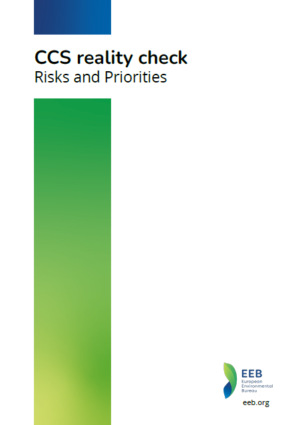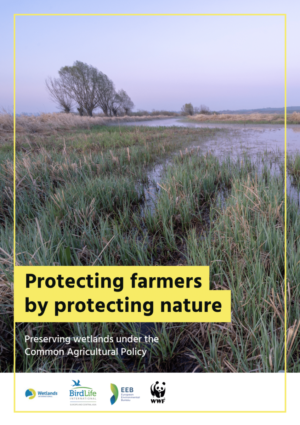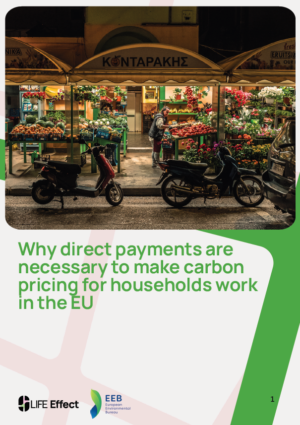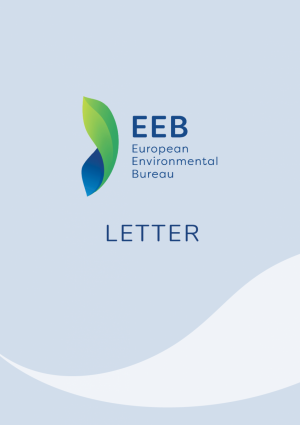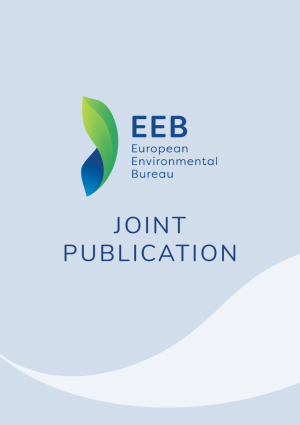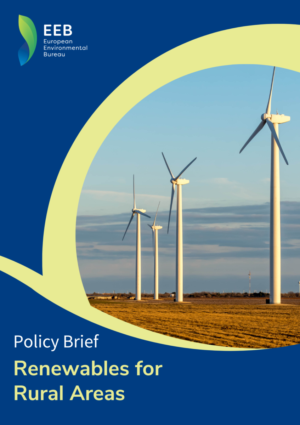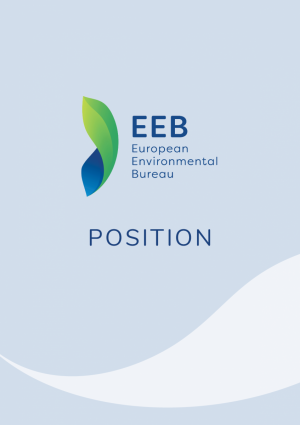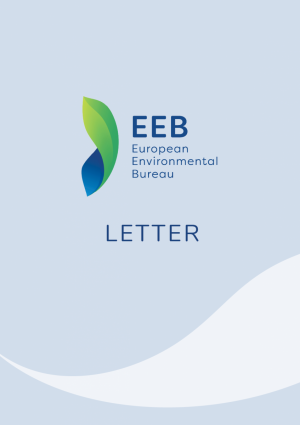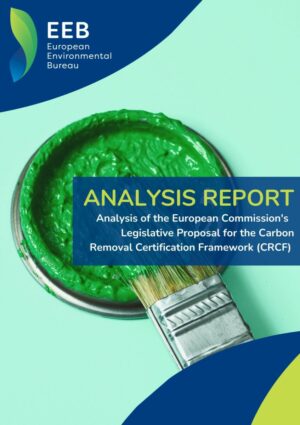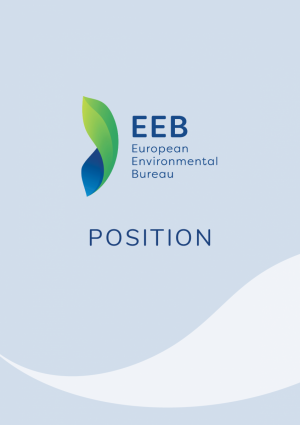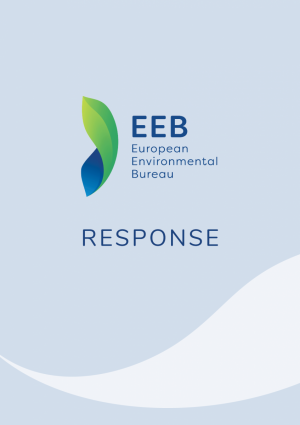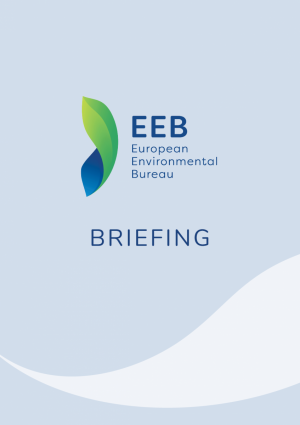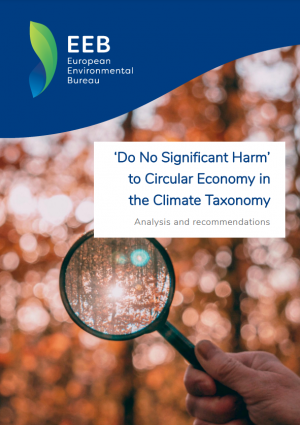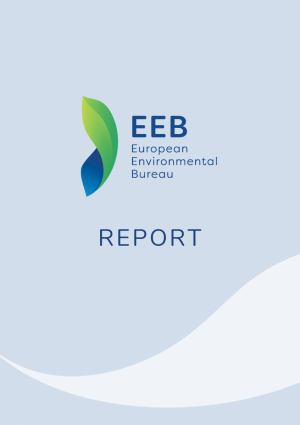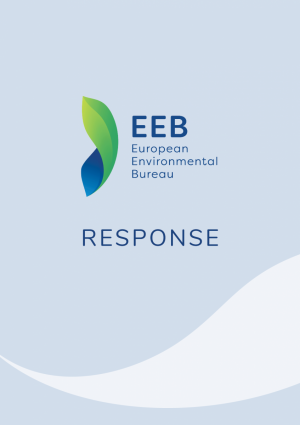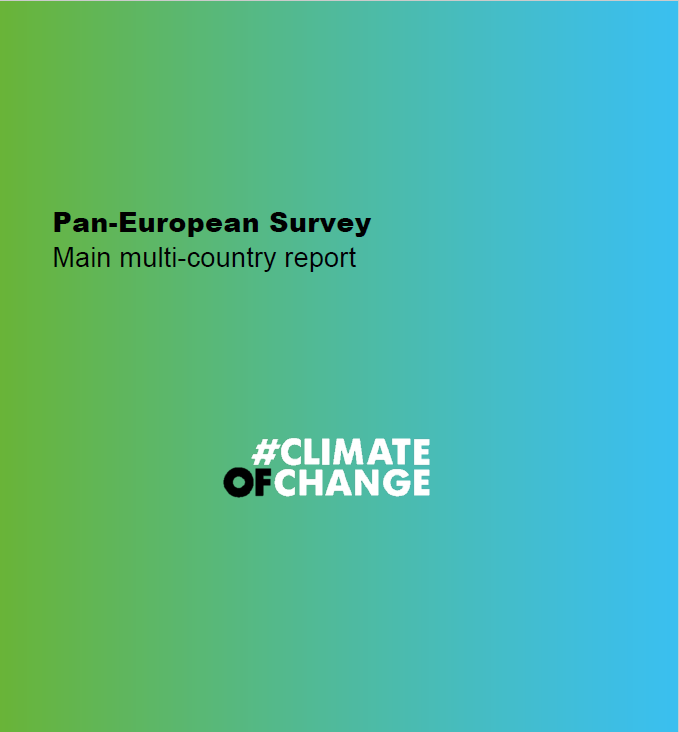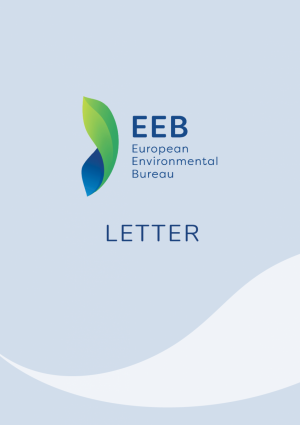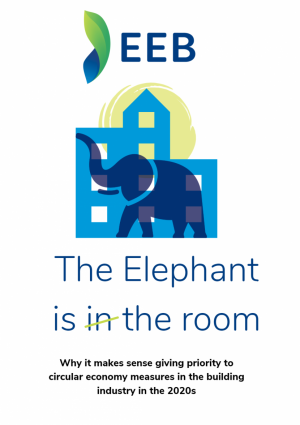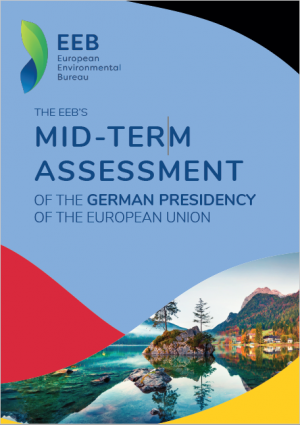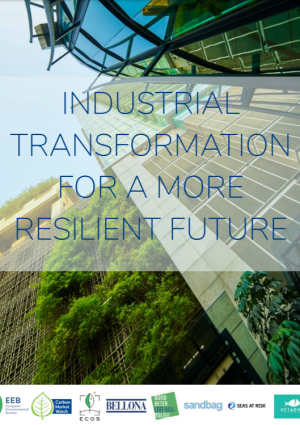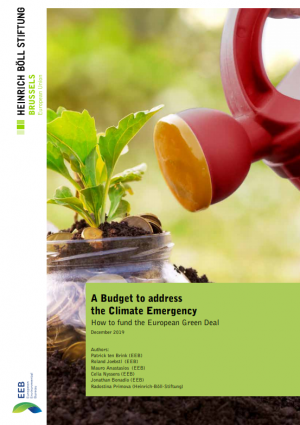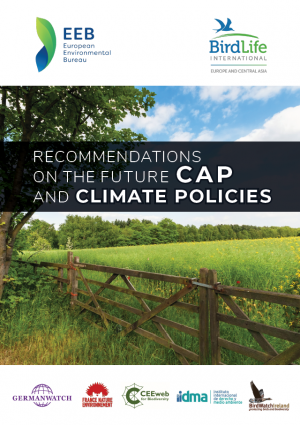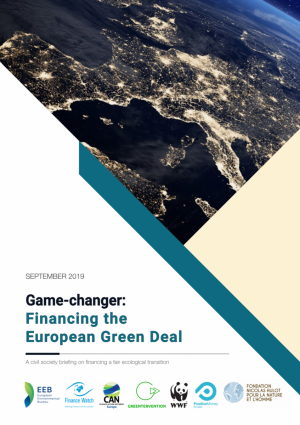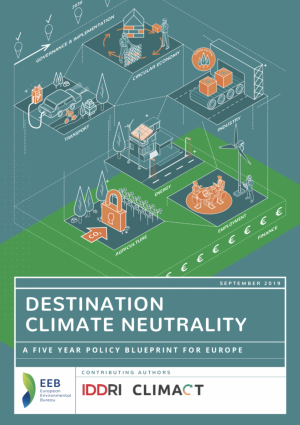Our house is on fire. The EU remains heavily dependent on foreign energy imports, and its citizens are increasingly feeling the weight of energy bills. The time for action is now. While progress is being made on EU climate legislation, much more needs to be done — and fast.
Another year, another climate record shattered. Fire, drought and storms are no longer exceptions – they’re the new norm. Not every extreme weather incident can be directly attributed to climate change, but a warmer climate fuels more frequent and intense heatwaves, heavy rainfall, and prolonged droughts.
Across Europe and beyond, communities are bearing the cost of climate change across all aspects of life: agriculture, health, transport, equality, security, and cultural identity. The climate crisis is deeply interconnected with biodiversity loss, pollution, and social inequality. And while its consequences are felt worldwide, those most vulnerable are often the hardest hit, despite being the least responsible.
The EEB believes that the EU has both a historical responsibility and the capacity to act. We must lead the fight against this global crisis. The Paris climate agreement needs strong leadership in order to be successful. Yet, powerful vested interests are pushing back against even the limited levels of ambition that the EU has set itself. The cost of inaction is enormous. The technologies and policy tools to drastically cut emissions are there, but entrenched interests are standing in the way.
The EEB’s Climate and Energy team is focused on achieving decarbonisation through a shift to 100% renewables. In close cooperation with Climate Action Network Europe and other partners, we have shown how this transition can align the EU with its Paris Agreement commitments through a Paris Agreement Compatible (PAC) scenario.
A key component of our strategy is energy-saving policies, which we are promoting in collaboration with our partners in the Coalition for Energy Savings. Moving away from fossil fuels and toward a more resource-efficient energy system will also bring wider benefits to society: improving public health, lowering energy prices, and protecting communities impacted by mining.
We have four workstreams:
- As the expansion of renewables accelerates with the implementation of the EU’s new renewables directive (RED III), getting this deployment right is more critical than ever. If mishandled, it could put our climate goals out of reach and leave renewables stuck on paper instead of powering communities. In our work, we demonstrate how renewables can be deployed rapidly by closely involving citizens while respecting nature, helping our member organisations and partners implement effective strategies to make this happen.
- We believe that decarbonising of heating and cooling is central for the EU to meet its climate targets. That’s why we work closely with partners in the Cool Heating Coalition to promote market-ready, renewable-based solutions. Beyond energy, we also address the climate impact of refrigerants. At the global level, we advocate for phasing out climate-harming fluorinated refrigerants and accelerating the adoption of climate-friendly alternatives like CO₂ and hydrocarbons, primarily through the swift implementation of the F-Gas Regulation.
- Carbon pricing in transport and heating has an important role to play in making polluters pay and ensuring the EU reaches its climate targets. Through our work with partners from the LIFE EFFECT project, we highlight that the new EU carbon pricing scheme (ETS-2) will only be effective under certain conditions. First, high-emission countries like Germany, France, and Italy must take additional measures to cut emissions to prevent carbon pricing from driving up costs across the entire EU. Second, revenues must be distributed in a transparent way that benefits all citizens and especially those strongly affected by ETS-2. The Social Climate Fund is a first step in that direction, but it remains insufficient in size and scope.
- We call out fake solutions: nuclear energy, Carbon Capture and Storage (CCS) and oversized hydrogen are distractions from a fast and effective decarbonisation pathway. The rapid move to renewables and resource efficiency is not in everyone’s interest. The nuclear and fossil fuel industries are investing incredible resources to convince decision-makers that costly, dirty, and often unproven technologies —such as Small Modular Reactors, CCS, and oversized hydrogen— are the future. Their goal? To secure public funds to perpetuate their business models. But these technologies would prolong our dependence on fossil fuels and delay the transition to 100% renewable energy.

